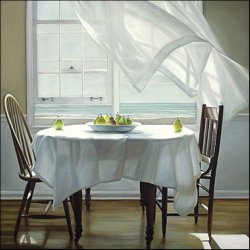During our walks, Melanie and I often enjoy some good discussions. Recently, I told her I was thinking about who I would like to visit after I died. (No. I’m not ill, dying, or anything of the sort.) Besides loved ones, I immediately thought of a few people that I would love to ask some questions. Melanie did the same. We decided it would be interesting to share who a few of those were and the questions we would ask them.
We are not advocating for any after-life beliefs you may or may not hold. That isn’t the point. We are merely interested in knowing who you would talk to if you could. What would you ask them? The religious, or after-life questions, are for another post.

Pull up a chair and sit for a spell.
Jim’s Choices
Thomas Jefferson – Is the United States living up to your vision of what you wanted this nation to become?
Abraham Lincoln – We have a black man for president for the first time. What are your thoughts?
Carl Sagan – Is S.E.T.I a waste of time for earthlings?
Marie Curie – You won two Nobel Prizes, sharing one with your husband Pierre. Your daughter also won. What would you say to people today about their fears of radioactivity and whether they are well-founded? Are we over-reacting?
Leonardo Da Vinci – You were a master of so many things. What fields of study would you pursue today?
Melanie’s Choices
Anna Williams, African American quilter from New Orleans – I’d like to talk to her about her creative process and inspirations, and about how, technically, she took her creative vision to reality.
Eleanor Roosevelt, First Lady and pioneer for social justice – On a personal level, I’d ask her about successes and disappointments in her life, and her view on changes in American society in the 20th century.
Louisa May Alcott, author – How did the nation change over your lifetime, and what was the impact of war and reconstruction at the household level?
Mary Lou Williams, jazz composer, pianist, and arranger – What was it like being a woman in a “man’s” field of music? Add on that being African-American during segregation, how difficult was it to tour and to get recognition for your own talents? How did the music industry and the jazz genre change over your career?
26 comments